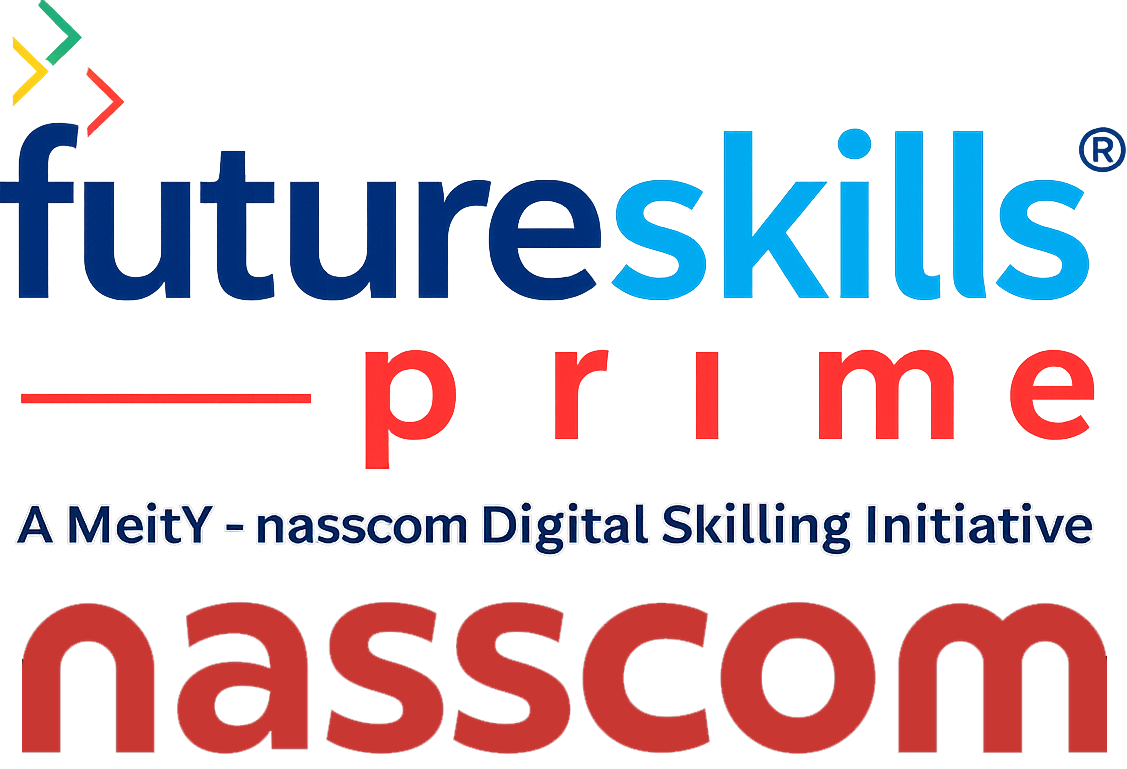Deep learning, a subset of artificial intelligence, has rapidly gained prominence in recent years due to its ability to analyze vast amounts of data and make complex decisions. With its sophisticated algorithms, deep learning has found numerous applications across various industries and has made a significant impact on our daily lives. In this article, we will explore five key applications of deep learning in everyday life and understand how they have revolutionized our experiences.
Applications of Deep Learning in Daily Life
Speech Recognition
Deep learning has revolutionized speech recognition technology, enabling devices like smartphones, voice assistants, and smart speakers to understand and respond to human speech more accurately. Through the analysis of extensive training data, deep learning algorithms can recognize speech patterns, accents, and individual voices, improving the accuracy and efficiency of voice-based interactions. This technology has made voice commands and voice-controlled devices an integral part of our daily lives.
Image Recognition
Image recognition powered by deep learning has transformed the way we interact with visual content. From automatic photo tagging on social media platforms to facial recognition in smartphones, deep learning algorithms excel at identifying and categorizing images. This technology has also been implemented in security systems, medical imaging, and autonomous vehicles, contributing to enhanced safety and efficiency in various domains.
Natural Language Processing
Natural Language Processing (NLP) utilizes deep learning techniques to comprehend and generate human language. It enables applications such as chatbots, language translation, sentiment analysis, and text summarization. Deep learning models have significantly improved the accuracy and fluency of language processing systems, allowing us to communicate with computers more naturally and efficiently.
Recommendation Systems
Deep learning plays a crucial role in recommendation systems, which are widely used in e-commerce, streaming platforms, and content curation. By analyzing user behavior and preferences, deep learning algorithms can provide personalized recommendations, suggesting products, movies, or music that align with individual tastes. This enhances the user experience and facilitates the discovery of new and relevant content.
Healthcare
The healthcare industry has leveraged deep learning to improve diagnostics, disease prediction, and treatment planning. Deep learning algorithms can analyze medical images, such as X-rays and MRI scans, with high accuracy, assisting radiologists in detecting abnormalities. Additionally, deep learning models trained on vast amounts of patient data can aid in predicting disease progression and suggesting personalized treatment plans, leading to more effective healthcare outcomes.
Autonomous Vehicles
Autonomous vehicles heavily rely on deep learning algorithms for perception, object detection, and decision-making. Through advanced computer vision techniques, deep learning models can recognize and interpret complex visual scenes, enabling self-driving cars to navigate safely on the road. Deep learning has the potential to revolutionize transportation, making it safer, more efficient, and environmentally friendly.
Financial Services
Deep learning has made significant contributions to the financial services industry. It has improved fraud detection systems, enabling the identification of suspicious transactions in real-time. Deep learning algorithms can also analyze vast amounts of financial data, uncover patterns, and make predictions for risk assessment and investment strategies. These advancements have enhanced the efficiency and security of financial operations.
Personal Assistants
Personal assistants like Siri, Google Assistant, and Alexa utilize deep learning algorithms to understand and respond to user commands. These voice-activated assistants can perform tasks such as setting reminders, answering questions, and providing recommendations, simplifying our daily routines and acting as virtual companions.
Social Media
Deep learning has had a profound impact on social media platforms. It enables facial recognition for tagging friends in photos, content moderation to identify and filter inappropriate content, sentiment analysis to understand user opinions, and personalized content recommendations. These applications have transformed the way we connect, communicate, and share information on social media.
Cybersecurity
Deep learning algorithms are instrumental in combating cyber threats and enhancing cybersecurity measures. They can analyze network traffic, identify anomalies, and detect potential cyber-attacks in real-time. By continuously learning from new threats and adapting their defenses, deep learning models contribute to safeguarding our digital systems and protecting sensitive information.
Gaming
Deep learning has also found its way into the gaming industry, improving game experiences and enhancing virtual characters’ realism. It enables more realistic graphics, natural language interactions with non-player characters, and adaptive gameplay that adjusts to the player’s skill level. Deep learning algorithms have the potential to revolutionize the gaming landscape, offering immersive and personalized gaming experiences.
Conclusion
Deep learning has emerged as a powerful tool with applications that permeate our daily lives. From speech recognition and image recognition to natural language processing and recommendation systems, deep learning technologies have revolutionized various industries. With further advancements and ongoing research, deep learning will continue to transform the way we interact with technology and improve our daily experiences.





